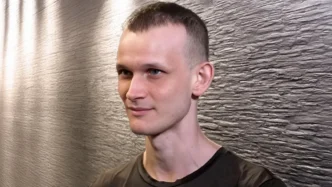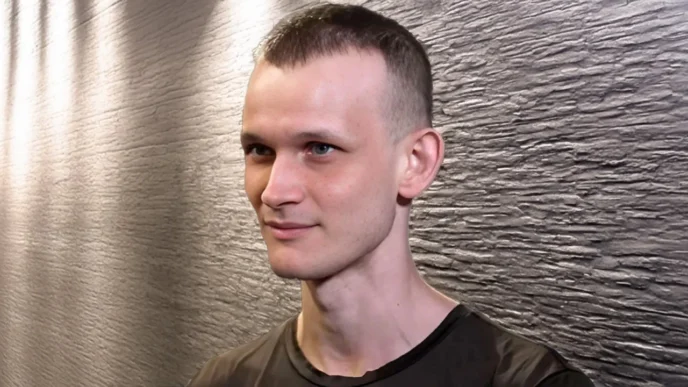Gavin Wood is a name that resonates deeply within the blockchain community. As one of the co-founders of Ethereum, his contributions have been pivotal in shaping the future of decentralized technologies. Wood’s vision for Ethereum, laid out in the Ethereum whitepaper he co-authored in 2013, introduced a platform capable of supporting smart contracts and decentralized applications (dApps), marking a monumental shift in how we view blockchain technology.
The Creation of Solidity
One of Wood’s most notable achievements during his time at Ethereum was the development of Solidity, the programming language designed to write smart contracts. Solidity allowed developers to write decentralized applications directly on Ethereum’s blockchain, a revolutionary step that set Ethereum apart from Bitcoin, which was solely focused on transactions. This language has become the backbone of the Ethereum ecosystem, enabling millions of developers to create decentralized solutions and shaping the DeFi space.
Polkadot: Bridging Blockchain Networks
After leaving his role at Ethereum, Gavin Wood turned his focus to solving a critical challenge in the blockchain world—interoperability. In 2016, he founded Polkadot, a multi-chain platform designed to connect different blockchains, enabling them to share data and communicate. By facilitating cross-chain interactions, Polkadot is positioning itself as the bridge for a decentralized web where various blockchains can work together, enhancing scalability and allowing for greater functionality.
Shaping the Future of Blockchain
Wood’s work continues to push the boundaries of what blockchain technology can achieve. His vision for a connected, decentralized ecosystem is unfolding with Polkadot, and his influence on Ethereum’s early technical development remains a key pillar of the blockchain’s success. Wood’s contributions have helped shape a more accessible and innovative blockchain landscape, with both Ethereum and Polkadot driving forward decentralized applications and solutions.
Gavin Wood’s journey is far from over, and as blockchain technology continues to evolve, his work will undoubtedly play a central role in shaping its future.













